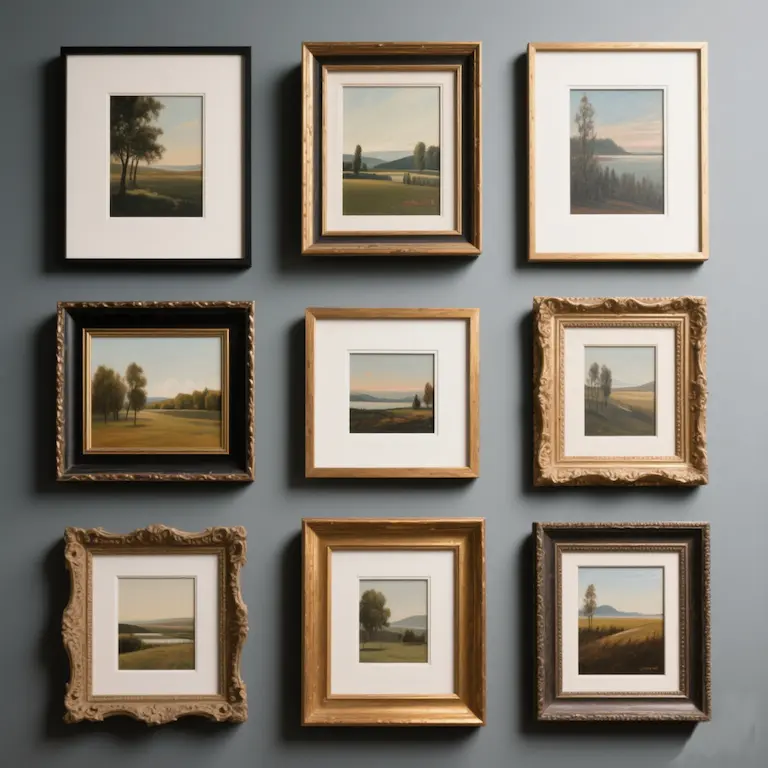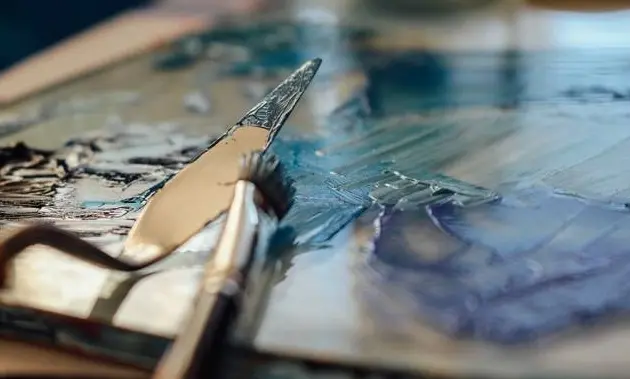As an important form of traditional western painting, oil painting has undergone hundreds of years of evolution and development, forming a rich variety of styles and genres. Among them, landscape oil painting, with its unique perspective and expression, shows the magnificent beauty of nature and the painter’s deep understanding of it. This report will lead readers to explore the development of oil landscape painting, learn about the various styles of oil painting, enjoy 10 of the most famous landscape oil paintings, and recognize the best oil paintings of all time, as well as today’s renowned oil painting artists, with a special focus on famous oil paintings from the Renaissance.
10 Most Famous Oil Painting Landscapes
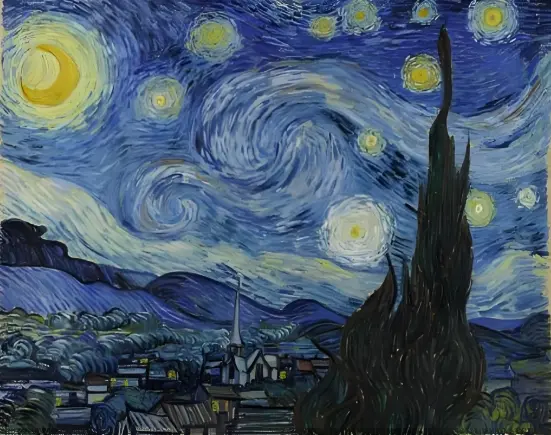
1.Van Gogh’s Night of the Stars and Moon
The Night of the Stars and the Moon is an oil painting created by Van Gogh in 1889 and is now in the collection of the Museum of Modern Art in New York. The painting shows the artist’s unique interpretation of nature with its distinctive brushstrokes and use of color. The revolving starry sky, the quiet town and the tall cypress trees in the picture form a scene full of dynamism and serenity in contrast.
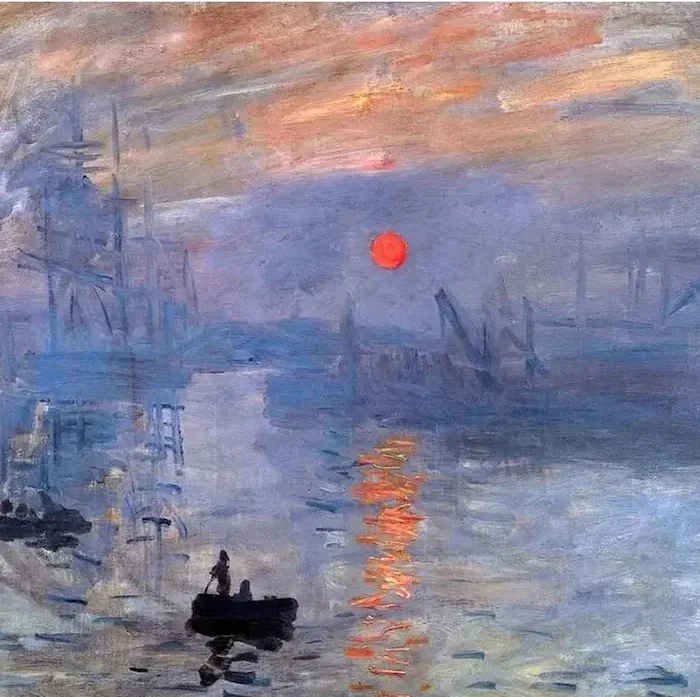
2.Monet’s Sunrise – Impression
Sunrise – Impression” is an oil painting created by Monet in 1872, which is the foundation work of Impressionism, marking the birth of this art school. In the picture, the foggy sea, the hidden ships and the rising sun form a poetic scene.
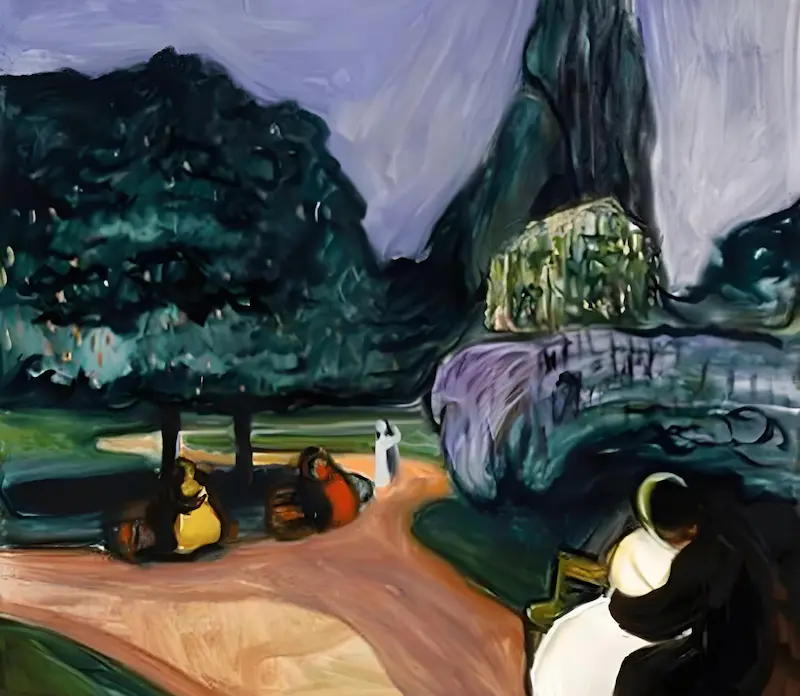
3.Munch’s Midsummer Night
Midsummer Night is a landscape oil painting by Munch, which, with its unique use of color and emotional expression, shows the mystery and beauty of the summer nights in Northern Europe.
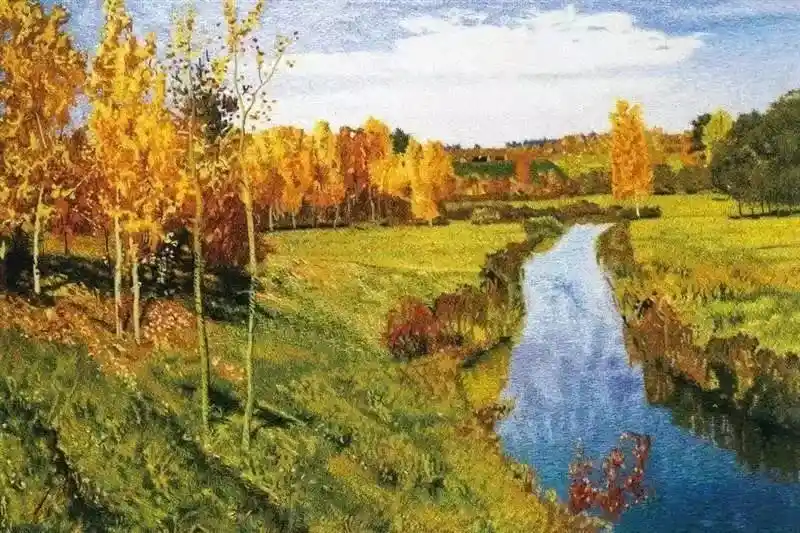
4.Levitan’s Golden Autumn
Golden Autumn is an oil painting by the Russian landscape painter Levitan, which, with its warm tones and poetic composition, presents a magnificent scene of Russian golden autumn. Levitan was an outstanding Russian life painter, a master of realist landscape painting, and a member of the traveling exhibition school. His works are extremely poetic, profoundly and truly express the characteristics of Russian nature and its manifold beauties.
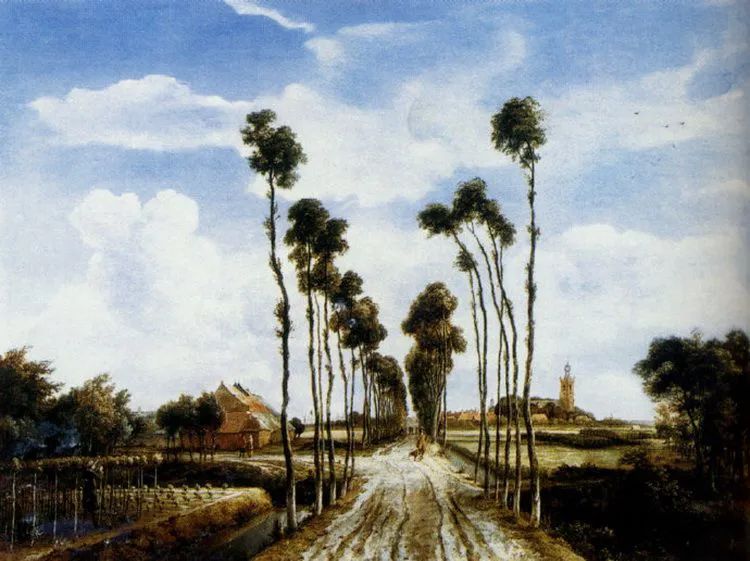
5.Hobbema’s Path among the Trees
A Path Among the Trees is an oil painting by Dutch landscape painter Hoberma, which shows the natural beauty of the Dutch countryside with its precise perspective and tranquil atmosphere.
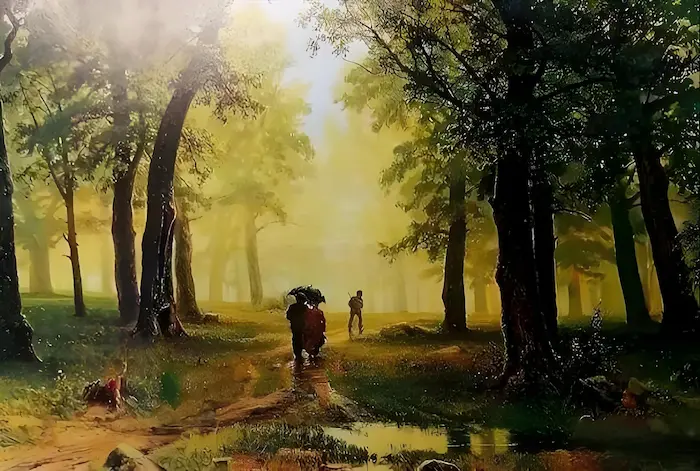
6.Shishkin’s Raindrops in the Forest
Raindrops in the Forest is an oil painting by the Russian landscape painter Shishkin, which shows a rainy scene in a Russian forest with its delicate brushstrokes and vivid light and shadow effects. Shishkin was one of the most famous Russian landscape painters of the traveling exhibition school in the second half of the 19th century.
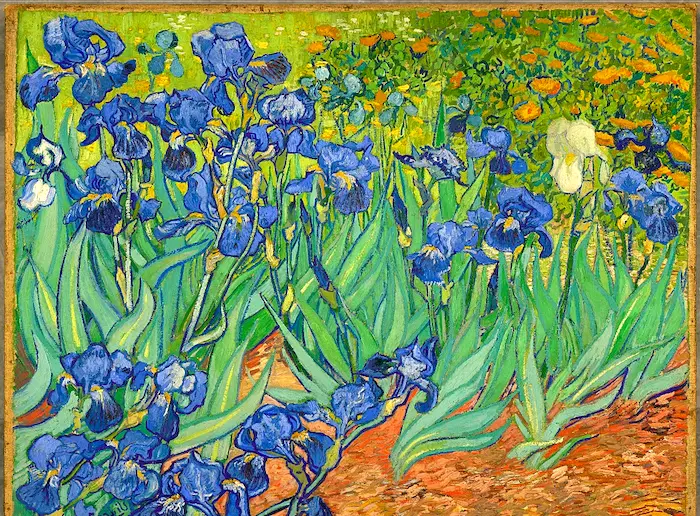
7.Van Gogh’s Iris
The Iris is known as one of Van Gogh’s masterpieces in “Saint-Rémy”. With its rich colors and smooth brushstrokes, this painting shows the beauty of a field of irises in full bloom.
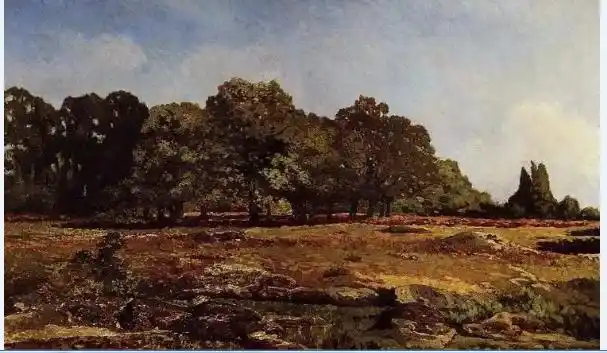
8.Sisley’s Forest of Fontainebleau
The Forest of Fontainebleau is a landscape painting by the French Impressionist painter Sisley. Sisley had a particularly keen sense of color, with brisk and changing brush strokes, and was especially adept at using subtle color relationships to express poetic natural scenery. His painting is a kind of elegance, a kind of equality, a kind of gentle greatness.

9.Claude Lorrain, The Harbor
Claude Lorrain was a French landscape painter of the 17th century, together with Poussin, he was one of the three great landscape painters of France. His works usually depicted ideal idyllic and classical scenes, with rigorous compositions and harmonious colors.
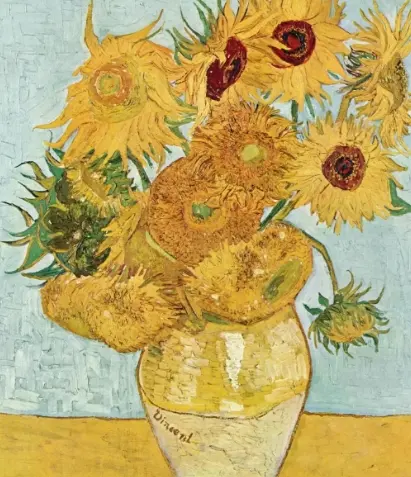
10.Van Gogh’s Sunflowers
Created in 1888, Sunflowers is one of Van Gogh’s most recognized works. The sunflowers in the painting are bright and colorful, like a mass of burning flames.
The best oil painting of all time

Van Gogh’s Night of the Stars and Moon
The Night of the Stars and the Moon is an oil painting by Van Gogh from 1889, now in the collection of the Museum of Modern Art in New York. The painting shows the artist’s unique interpretation of nature with its distinctive brushstrokes and use of color. The revolving starry sky, the quiet town and the tall cypress trees in the picture form a scene full of dynamism and serenity in contrast. The painting is considered one of Van Gogh’s most outstanding works and one of the most iconic in the history of Western art.
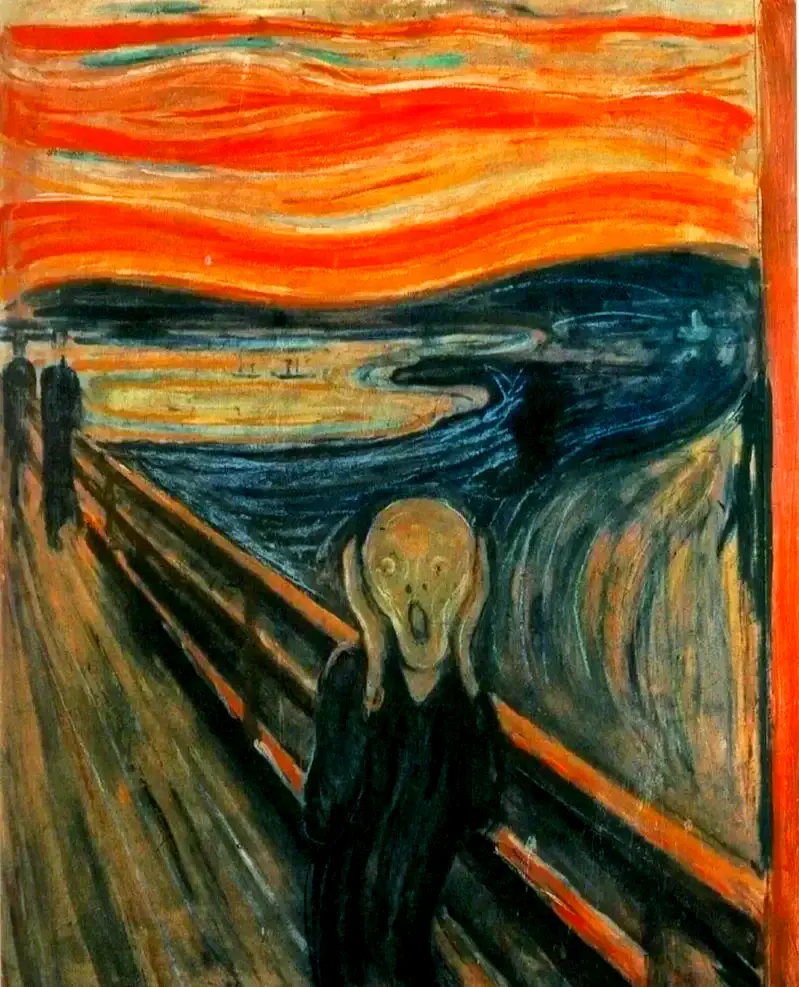
Munch’s The Scream
The Scream is an oil painting created by the Norwegian painter Munch in 1893, which shows the fear and uneasiness of human beings in the face of nature with its strong emotional expression and unique use of colors. The painting is considered one of the masterpieces of Expressionist art and one of the most influential works in the history of Western art.
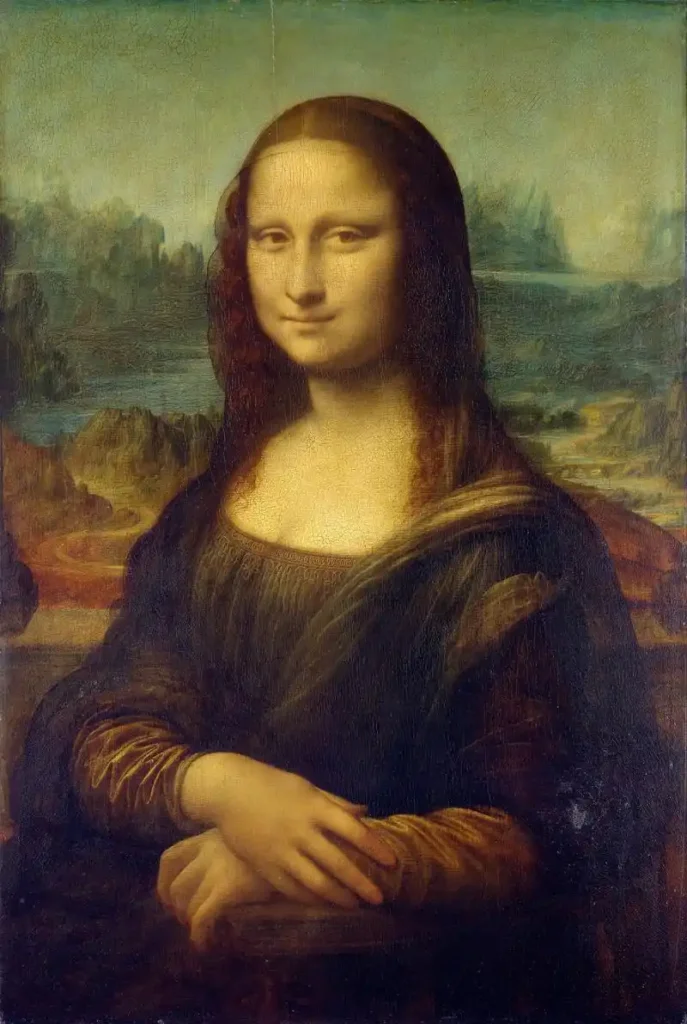
The Mona Lisa by Leonardo da Vinci
The Mona Lisa is an oil painting created by Leonardo da Vinci between 1503 and 1519, which has become one of the most famous works in the history of Western art for its enigmatic smile and mastery of oil painting. The painting is currently housed in the Louvre Museum in Paris, France, and attracts countless visitors every year.
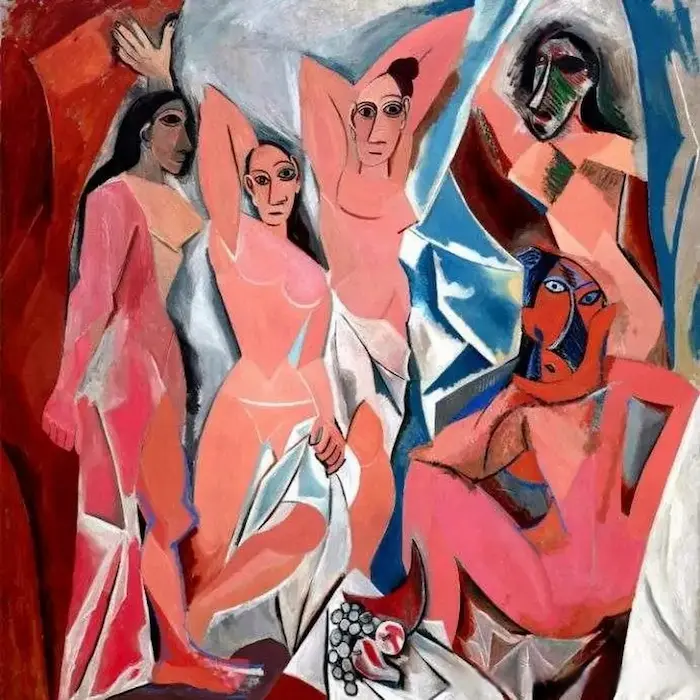
Picasso’s The Maid of the Avignon
The Maid of Avignon is an oil painting created by the Spanish painter Picasso in 1907, which is considered to be the founding work of Cubist art. The figures in the picture are broken down into geometric shapes, breaking the traditional rules of perspective and anatomy and creating a new era of modern art.
Famous oil painting artists of today
Andy Warhol
Andy Warhol is a representative figure of 20th century American Pop Art, whose works often feature everyday objects and images of celebrities, exploring consumer culture and social phenomena. Warhol’s diverse artistic styles include oil painting, screen printing and installation art .
Jeff Koons
Jeff Koons is a contemporary American artist whose works cover a wide range of forms including oil painting, sculpture and installation art. Koons has a unique artistic style, often taking objects from daily life as his objects of creation, and giving these ordinary objects new meanings and values through his exquisite skills and unique perspectives.
El André
El André is an American Abstract Expressionist painter whose works often feature geometric shapes and monochromatic backgrounds that explore the relationship between form, color and space. Andre’s art style is simple yet powerful, reflecting his pursuit of a minimalist aesthetic.
Stylistic Evolution of Oil Painting
Renaissance
The Renaissance (c. 14th to 17th centuries) was an important turning point in the history of Western art. During this period, oil painting techniques were significantly developed, and artists began to focus on perspective, anatomy, and light and shadow effects in pursuit of naturalistic expression.
Da Vinci’s Mona Lisa (1503-1519) is one of the masterpieces of the Renaissance, a painting that still amazes the world today with its unique and charming smile and superb oil painting techniques. Another masterpiece of Da Vinci, The Last Supper (1495-1498), also fully demonstrates the mastery of Renaissance oil painting.
Baroque and Rococo Periods
The Baroque and Rococo styles prevailed from the 17th to 18th centuries. The Baroque style emphasized dynamism and drama, often using strong contrasts of light and dark and ornate decorative effects; while the Rococo style was lighter and more elegant, focusing on the delicate depiction of details.
Peter Paul Rubens’ Portrait of Helena Furman (1625) is a masterpiece of the Baroque style, an oil painting of a portrait depicted in beautiful and vivid strokes of color with very smooth lines.
Impressionism
At the end of the 19th century and the beginning of the 20th century, Impressionist artists began to pay attention to the instantaneous scenes in natural light, pursuing the harmonious changes of light and color. Monet’s Sunrise – Impression is the founding work of Impressionism, marking the birth of this artistic genre.
Christie’s has sold several famous works by Monet in its auction history, including The Garden of St. Adelines (1867), which sold for £588,000 on December 1, 1967.
Post-Impressionism
Post-Impressionist artists further broke through the limitations of Impressionism, focusing more on the expression of subjective emotions and the exploration of personal style. Van Gogh, Cézanne and Gauguin are the representative figures of Post-Impressionism.
Van Gogh’s Night of the Stars and Moon is one of the masterpieces of Post-Impressionism, a painting that shows the artist’s unique interpretation of nature with its distinctive brushstrokes and use of colors.

